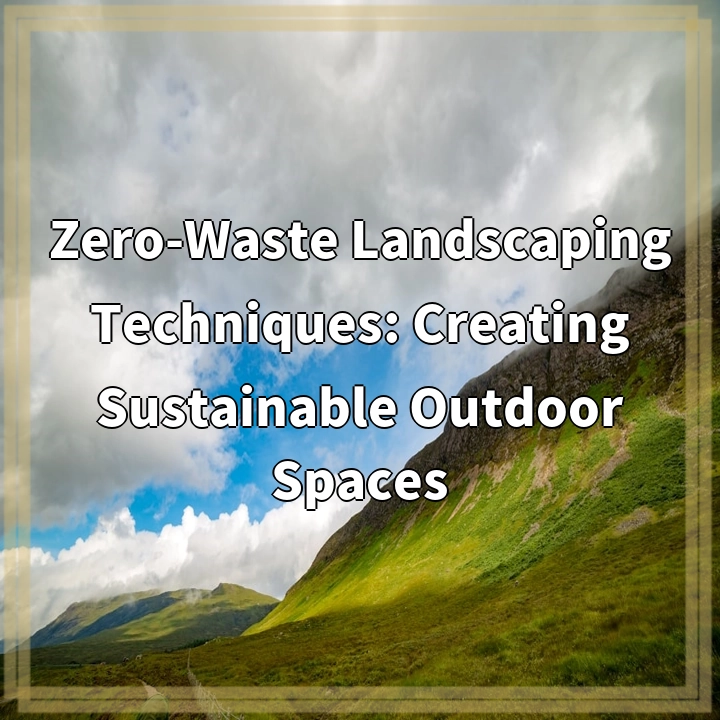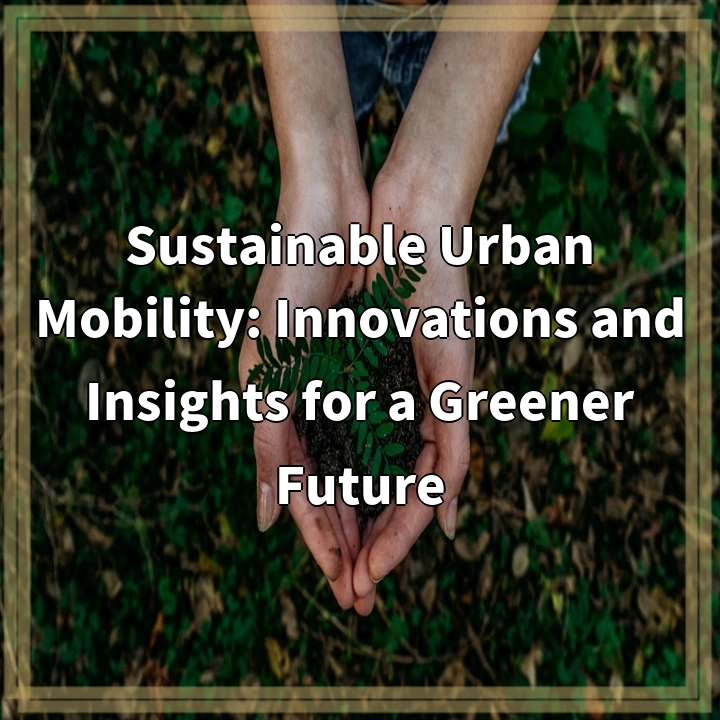
What it is:
Zero-Waste Landscaping is a sustainable gardening approach that focuses on minimizing waste and maximizing resource efficiency in outdoor spaces. This technique incorporates principles from permaculture, recycling, and ecological practices to create beautiful landscapes while reducing environmental impact. By prioritizing native plants, composting organic matter, and implementing rainwater harvesting systems, zero-waste landscaping seeks to create a natural ecosystem that thrives without excessive resource consumption.
The Principles of Zero-Waste Landscaping
At its core, zero-waste landscaping emphasizes several key principles:
- Resource Efficiency: Utilizing materials and resources efficiently to reduce waste generation.
- Native Planting: Choosing native plants that require less water and care, promoting local biodiversity.
- Composting: Returning organic matter to the soil to enrich it and minimize landfill waste.
- Water Management: Implementing systems for rainwater collection and greywater reuse to conserve water.
- Natural Pest Control: Using organic methods to manage pests, reducing the need for harmful chemicals.
Real-World Problems
While zero-waste landscaping presents a myriad of benefits, several real-world problems can pose challenges to implementing these techniques on a larger scale.
Lack of Awareness and Education
Many homeowners and landscapers may not be aware of the principles and practices of zero-waste landscaping. Without adequate education on sustainable practices, traditional methods that generate waste and consume excess resources remain prevalent.
Initial Investment Costs
Implementing zero-waste techniques can involve upfront costs, such as purchasing rain barrels for water collection or investing in native plants. For some, these initial expenses may deter the transition to more sustainable practices.
Maintenance and Knowledge Gaps
Transitioning to a zero-waste landscape often requires new maintenance techniques, which may not be familiar to traditional gardeners. This knowledge gap can lead to challenges in maintaining the health and aesthetic appeal of these sustainable spaces.
Soil Health Issues
Improving soil health through zero-waste practices may take time, especially in urban areas where soil quality can be poor. Building healthy soil requires patience and ongoing efforts, which could discourage some from adopting these techniques.
Community and Policy Support
Finally, widespread adoption of zero-waste landscaping may require changes in community norms and local policies. Supportive regulations and community programs can foster a culture of sustainability, but a lack of awareness or resources can hinder progress.

Solutions to Promote Zero-Waste Landscaping
Addressing the challenges of zero-waste landscaping involves a multifaceted approach that focuses on education, financial accessibility, community involvement, and policy support. Here are some effective solutions to promote sustainable landscaping practices:
Enhancing Education and Awareness
Increasing awareness of zero-waste landscaping techniques is essential. Community workshops, online resources, and educational programs can help homeowners and landscapers understand the benefits and principles of sustainable landscaping. By fostering a culture of sustainability, we can inspire more individuals to adopt eco-friendly practices.
Financial Incentives and Support
Offering financial incentives such as grants, subsidies, or tax breaks for those who implement zero-waste practices can reduce the initial investment burden. Local governments and environmental organizations can partner to create programs that make sustainable landscaping more accessible and affordable for homeowners.
Building Community Networks
Encouraging community gardening initiatives and local landscaping clubs can foster a sense of shared responsibility and support. These networks can provide opportunities for hands-on learning, sharing resources, and collaborative projects that align with zero-waste principles, thus making sustainability a collective effort.
Promoting Soil Health Education
Workshops and resources focused on improving soil health through composting and organic gardening techniques can equip gardeners with the knowledge needed to successfully maintain zero-waste landscapes. Understanding the importance of healthy soil will help sustain these practices long-term.
Advocating for Supportive Policies
Engaging with local governments to establish policies that promote zero-waste landscaping can facilitate broader adoption. This includes considering zoning laws, waste management regulations, and community plans that encourage native plant use, composting, and water conservation practices.















